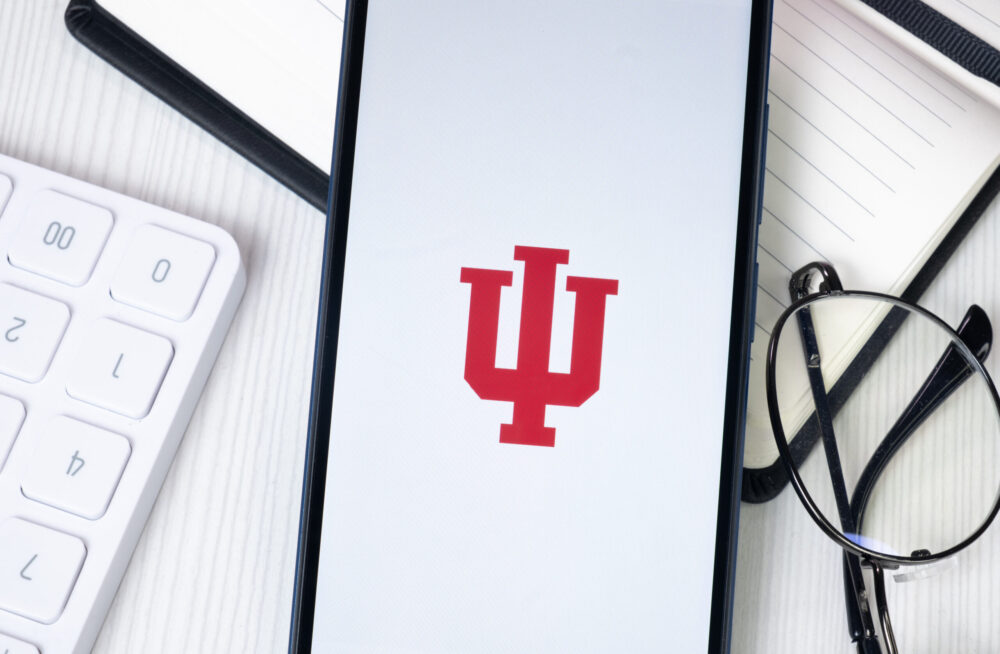BLOOMINGTON, Ind. – Indiana University’s Board of Trustees on Friday approved revisions to the school’s expressive activity policy, which outlines when and where there can be protests, speeches, and other forms of public expression.
The new policy, which goes into effect immediately, now allows for some expressive activities to take place between 11 p.m. and 6 a.m., reports the Herald Times. However, students and faculty still can’t protest, make speeches, circulate petitions, or engage in other banned activities during those hours.
Related Article: University of California Bans Encampments, Masking, and Blocking Paths
The permitted activities that can occur between 11 p.m. and 6 a.m. include “spontaneously and contemporaneously assembling and distributing literature,” scheduled or authorized IU events, and events that get prior written approval from the school.
IU’s Original Expressive Activity Policy Faced Criticism, ACLU Lawsuit
The revisions come after the original version, which went into effect August 1, sparked controversy among critics who argued that it violated the First Amendment, reports WBIW. The original policy defined expressive activity to include assemblies, speeches, distributing written materials, holding signs, picketing, protests, counter-protests, and sit-ins. The original policy completely restricted those activities between 11 p.m. and 6 a.m.
The policy faced a lawsuit from the ACLU of Indiana. The ACLU claimed the policy barred anyone from wearing a t-shirt with a message on it or discussing current events between 11 p.m. and 6 a.m.
Critics of the policy said Indiana University had a double standard for events like televised Saturday morning pre-game football shows, reports Indiana Public Media. In those cases, fans were allowed to camp and wait in line overnight with signs.
Students, faculty, and others who wanted to conduct candlelight vigils also said the policy wasn’t being applied evenly and targeted anti-war and free speech demonstrators.
Related Article: Which Colleges Have Had Pro-Palestine Protests This Fall?
However, Indiana University administrators said the campus needs the policy to maintain order and ensure safety in the evening. They said the updated policy balances the school’s commitment to free speech with its need to not have activities disrupt the school’s academic mission.
The original policy was prompted by this past spring’s pro-Palestinian encampment protests in Dunn Meadow that lasted for 100 days.













